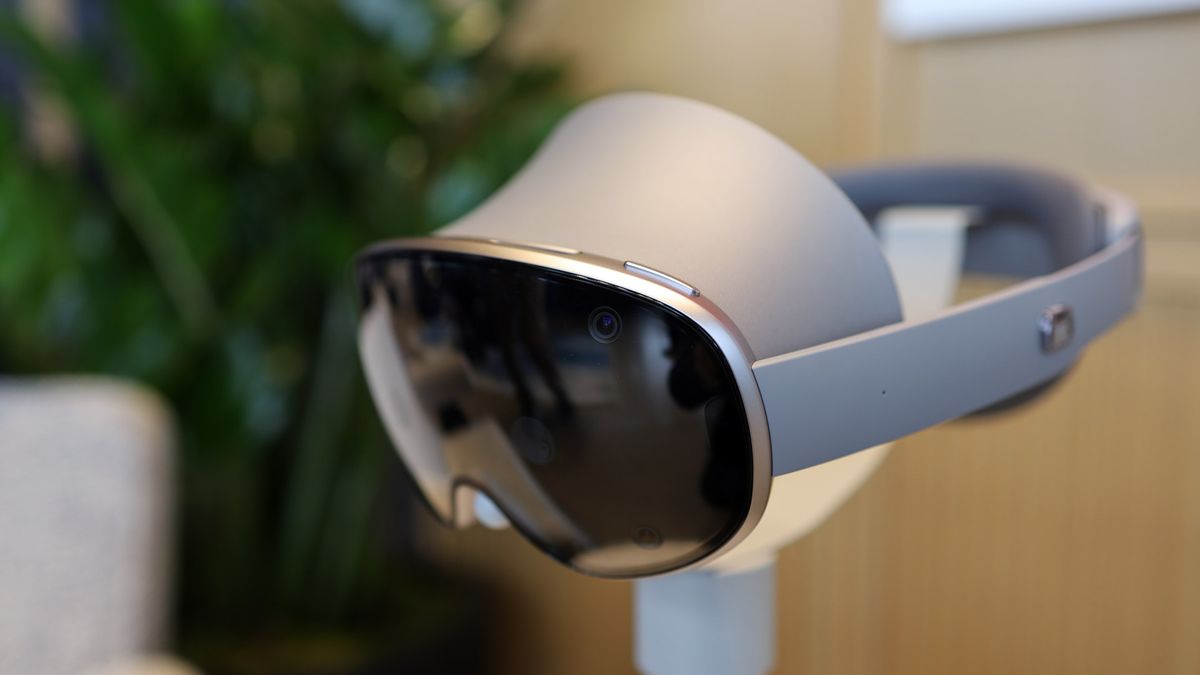
The use of generative AI in online search is continuing to explode, even while many people are dubious of the technology's reliability and trustworthiness.
According to data first reported by Axios, ChatGPT now responds to around 2.5 billion user queries daily, with 330 million of those (roughly 13%) originating in the US. That's around 912.5 billion queries per year.
Also: How the Trump administration changed AI: A timeline
ChatGPT was also the most downloaded app in the world in April; in June, it clocked more App Store downloads than TikTok, Facebook, Instagram, and X combined.
All of those benchmarks have been reached since late 2022, when the app was first publicly launched. In less than three years, it has become an increasingly central part of how many people around the world engage with the internet. OpenAI's chatbot remains a long way from surpassing Google -- the search engine processes approximately 5 trillion queries annually -- but ChatGPT could soon catch up, especially once OpenAI launches its long-awaited web browser.
(Disclosure: Ziff Davis, ZDNET's parent company, filed an April 2025 lawsuit against OpenAI, alleging it infringed Ziff Davis copyrights in training and operating its AI systems.)
Perhaps the clearest evidence of the seismic effect ChatGPT is having within the online search industry has been Google's pivot, in response, to its own generative AI-powered features. AI Overviews has become the most conspicuous part of users' interaction with Google's search engine.
Google is also facing competition from Perplexity, an online search start-up with generative AI at its core. Earlier this month, Perplexity launched its own web browser, Comet, to compete with industry heavyweights like Chrome and Apple's Safari. AI Mode, a feature Google debuted in May that incorporates generative AI more deeply throughout the search experience, operates quite similarly to Perplexity.
Trustworthiness and AI
Despite the huge surge of generative AI within online search, many people are still wary of the responses they're receiving from AI.
According to a recent survey of more than 1,100 Americans, only 8.5% said they "always trust" the information they receive from Google's AI Overviews. Around 21%, in contrast, said they have zero trust in the feature's ability to surface accurate information.
Also: 100 leading AI scientists map route to more 'trustworthy, reliable, secure' AI
Trust issues notwithstanding, that same survey also found that more than 40% of respondents rarely or never click on accompanying web links provided in AI Overviews to view the source material informing the AI model's response. The picture that emerges is one in which many people are interacting with generative AI by default as part of their day-to-day Googling, while simultaneously placing little to no credence in the answers they're receiving.
Another study published earlier this year, however, found that the majority of people trust ChatGPT more than human experts in at least one domain, but that trust diminishes when the chatbot discusses sensitive subjects like legal or medical advice.
Many other factors can affect humans' perceptions of the trustworthiness of AI chatbots, including the tone of communication: More sycophantic AI-generated responses, for example, tend to be perceived as less trustworthy compared to responses that have a more neutral, less explicitly flattering tone.
While large language models are generally trained to maximize facticity, they often veer unpredictably into hallucination -- providing inaccurate information with the veneer of truth.
Also: I spoke with an AI version of myself, thanks to Hume's free tool - how to try it
Some leading AI developers -- like OpenAI and Anthropic -- have launched initiatives aimed at interpreting and understanding the intricate processes taking place beneath the hood of AI systems, both in an effort to improve those systems' performance and to boost user confidence and trust.
Want more stories about AI? Sign up for Innovation, our weekly newsletter.

 3 months ago
38
3 months ago
38








 English (US) ·
English (US) ·